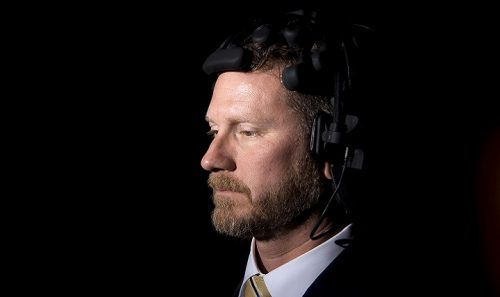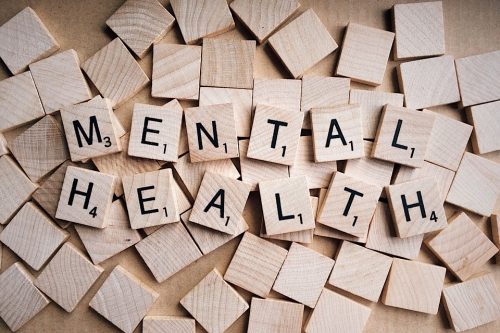
As defined by the American Psychology Association, personality is the individual differences in characteristic patterns of thinking, feeling and behaving. With this, our character plays a crucial role in our existence, defines our relationships, and even sets the ideals of our survival, because it is through our personality that we find the definition of our totality as human beings.
Formation of Personality
One’s personality starts to develop while we are still in the womb. Some would debate on this theory, saying that it’s only a fetus with no feelings or emotions, and the behavior they represent are rather primitive to be acknowledged as a personality trait. Nevertheless, psychologists have pointed out that together with the physical development in the womb, the emotional and psychological development, that includes personality, is also in the formation process. Everything that the fetus feels and senses while in the womb are all compounded to what he/she will become in later life.
As unique individuals, we all have different kinds of personalities. Our parents have a significant contribution to how we form our personhood. Other from genetics, social relations, life experiences, and environment all influence the development of personality. With this, we can say that one’s character is not stagnant or finite. It changes as the person ages and encounters many life challenges. “Personality disorders disrupt your thoughts, feelings, and behaviors, causing abnormal personality traits.” Mindia Gabichvadze, PsyD said.
Everything that we experience in life has similar emotions, feelings, and behaviors that we tend to express. Our personality sets the boundaries of our sanity; it is through the congruency of the senses, and emotions that we show according to the situation that we are into. It is through our personality that we get to express ourselves, that we had the opportunity to convey to others what we feel and think and to understand others as well. Our personality helps us survive the challenges that life may throw at us, if we have a stronghold of reality and a sound mind, then we can use our personality to our advantage. “A mental illness cannot be willed away or brushed aside with a change in attitude. Ignoring the problem doesn’t give it the slip either.” A reminder from Deborah Serani, PsyD
Judge Not, So Ye May Not Be Judged.

When we meet a person that is new to us, we readily know or try to understand what is their personality. Understanding one’s personality can be a challenge. It will take years and a longer duration of being acquainted with the person until one can indeed say that you know him/her. Despite this criterion, it is still not an assurance that you will honestly know and comprehend one’s personality traits.
When Life Gives You A Lemon, Make Lemonade.
In general, we are taught to accept any trials and tribulations with a positive attitude. However, when we can no longer deal with the many problems in life, there comes the point where our personality becomes shaken, and in a split-second, everything becomes different on how we respond to the stimulus around us. Some with a weak personality quickly suffer the consequences – goes into a mental breakdown, depression, panic attacks, mood disorders, up to the extent that they lose mental functions leading to schizophrenia. Simon Rego, PsyD also adds that “Patients diagnosed with schizophrenia do not present with a split personality, nor is it common for someone with the disorder to be violent.” Remember that.
The List of Personality Disorders.

DSM 5 has listed ten types of personality disorders and must follow certain requirements to obtain the diagnosis of personality disorder. Personality disorders are not directly caused by substance abuse or any effects of a medical condition, have been going on for a prolonged time and become consistent throughout, and are far from the normalcy of the person’s developmental stage or what is proper to certain socio-cultural practices. A psychiatrist or psychologist will give a series of tests to evaluate if the person has a personality disorder. The official diagnosis should come from a mental health professional and not through a self-test taken over online. Briefly, the list includes the following: (1) Paranoid PD, (2) Schizoid PD, (3) Schizotypal PD, (4) Antisocial PD, (5) Borderline PD, (6) Histrionic PD, (7) Narcissistic PD, (8) Avoidant PD, (9) Dependent PD, and (10) Anankastic (obsessive-compulsive) PD.




















